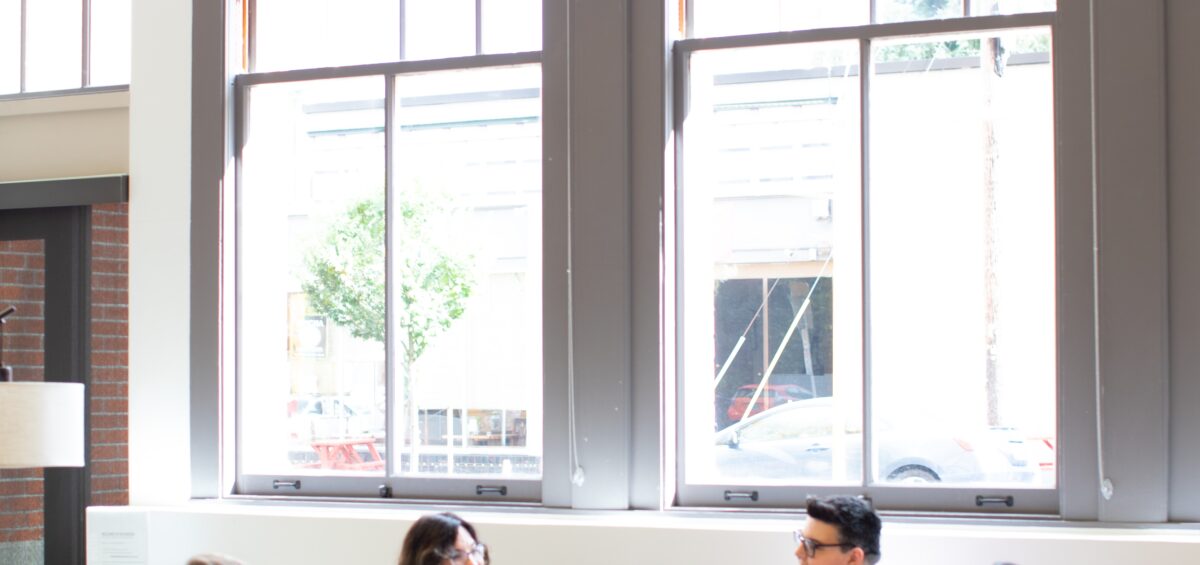What Do You Do When You Have a Bad Clinical Supervisor?
By Chris Campassi
Clinical supervision is such a critical part of the counseling profession. It not only is the backbone of the therapist’s development process, but also provides support during times when you may be experiencing compassion fatigue or burnout. The supervision process also ensures that you as a professional in the field are trained and evaluated by other professionals in the field before you become a licensed therapist.

Responsibility of Supervision
Whether someone is supervising you for your internship, pre-licensure hours or on an ongoing role through an agency or external consultation, the supervisor holds a great responsibility in ensuring that they are providing clinically sound supervision to you as the clinician.
In the case of interns and pre-licensed clinicians, your supervisor must not only teach, train and mentor you through your developmental phases, but also provide support to promote self-care and avoid burnout.
Ongoing supervision or consultation post licensure tends to focus more on specialized skill development, continued professional development, and self-care and burnout prevention.
Signs of Poor Supervision
 How do you even know if you are getting good supervision? You may be new to the field and are just beginning the process of supervision, so you might not even know what good supervision looks like.
How do you even know if you are getting good supervision? You may be new to the field and are just beginning the process of supervision, so you might not even know what good supervision looks like.
Some signs that may indicate you are not receiving sound clinical supervision include:
- Inconsistent sessions or never having time to meet with you
- Your supervisor is unprepared for supervision
- An emphasis on productivity or administrative issues
- A lack of sensitivity to your exposure to vicarious trauma through your work with clients
Causes of Poor Supervision
There are many dynamics that can lead to a poor supervision experience. One common issue is that the supervisor, while a licensed clinician, may only be trained in administrative supervision, such as managing caseloads in an agency. Similarly, that supervisor’s priority may be in meeting team performance metrics and may not be invested in your professional development.
Oftentimes, it is a combination of lack of training and experience, paired with unreasonable expectations of supervisors by the organization that leads to supervisors not having the time or energy to fully devote to your clinical supervision.
It’s not necessarily that you have a bad supervisor, you just may be getting bad clinical supervision, or very little at all.
How do you make sure you are getting good supervision?
 If you feel unsatisfied with your supervision, there are several things I would recommend. First, try to have a conversation with your supervisor about your concerns. Whether it is the supervisor being late to sessions, canceling, or not attending to what you need, the supervisor may not be fully aware how their behaviors are impacting you, and may be able to easily make changes to provide better supervision.
If you feel unsatisfied with your supervision, there are several things I would recommend. First, try to have a conversation with your supervisor about your concerns. Whether it is the supervisor being late to sessions, canceling, or not attending to what you need, the supervisor may not be fully aware how their behaviors are impacting you, and may be able to easily make changes to provide better supervision.
If you are working in an agency or group practice, you could request that you be able to utilize one of your more experienced colleagues as a clinical supervisor. Maybe you have a specific interest in their orientation or population, and you can frame the request as wanting to learn more skills. This may balance your administrative supervision with clinical supervision.
There are times, however, when you may not have access to a strong clinical supervisor within your organization or agency. Whether you are doing pre-licensure work or in need of consultation regarding a specific population or due to compassion fatigue or burnout, you may benefit from working with a private or external clinical supervisor for either individual or group consultation, or both.
Individual Clinical Supervision or Consultation
Much like therapy, the primary benefit of private supervision or consultation is that you can receive supervision from an Approved Clinical Supervisor, who is trained in providing clinical supervision in a supportive and confidential setting.
Firelight Supervision provides supervision to pre-licensure therapists, offering a structured supervision experience that fully prepares you for licensure. Likewise, Firelight Supervision also provides consultation to licensed clinicians for specialized skill development or compassion fatigue and burnout.
Group Supervision or Consultation
 In addition to individual supervision or consultation, you may benefit from group supervision or group consultation. For pre-licensed therapists, learning about different populations and approaches from other therapists can be a very valuable experience, while also developing a stronger sense of case conceptualization and presentation.
In addition to individual supervision or consultation, you may benefit from group supervision or group consultation. For pre-licensed therapists, learning about different populations and approaches from other therapists can be a very valuable experience, while also developing a stronger sense of case conceptualization and presentation.
For more seasoned therapists, group consultation may be beneficial in creating a network of like minded clinicians and providing exposure to differing approaches. Group consultation can also help prevent burnout and offer support with difficult cases.
How can we help
If you’d like to speak with a clinical supervisor to see what type of supervision or consultation services best fit your needs, check out our supervisor bios!
Author Bio

Chris Campassi is an Approved Clinical Supervisor (ACS) and Program Coordinator of Firelight Supervision. He is a licensed psychotherapist in Colorado and North Carolina, blogger, and clinical supervisor for provisionally-licensed and independently licensed therapists. Chris enjoys helping men, medical professionals, and former athletes manage their anxiety and stress so they can live fulfilled and balanced lives. Follow Firelight Supervision on Instagram.



